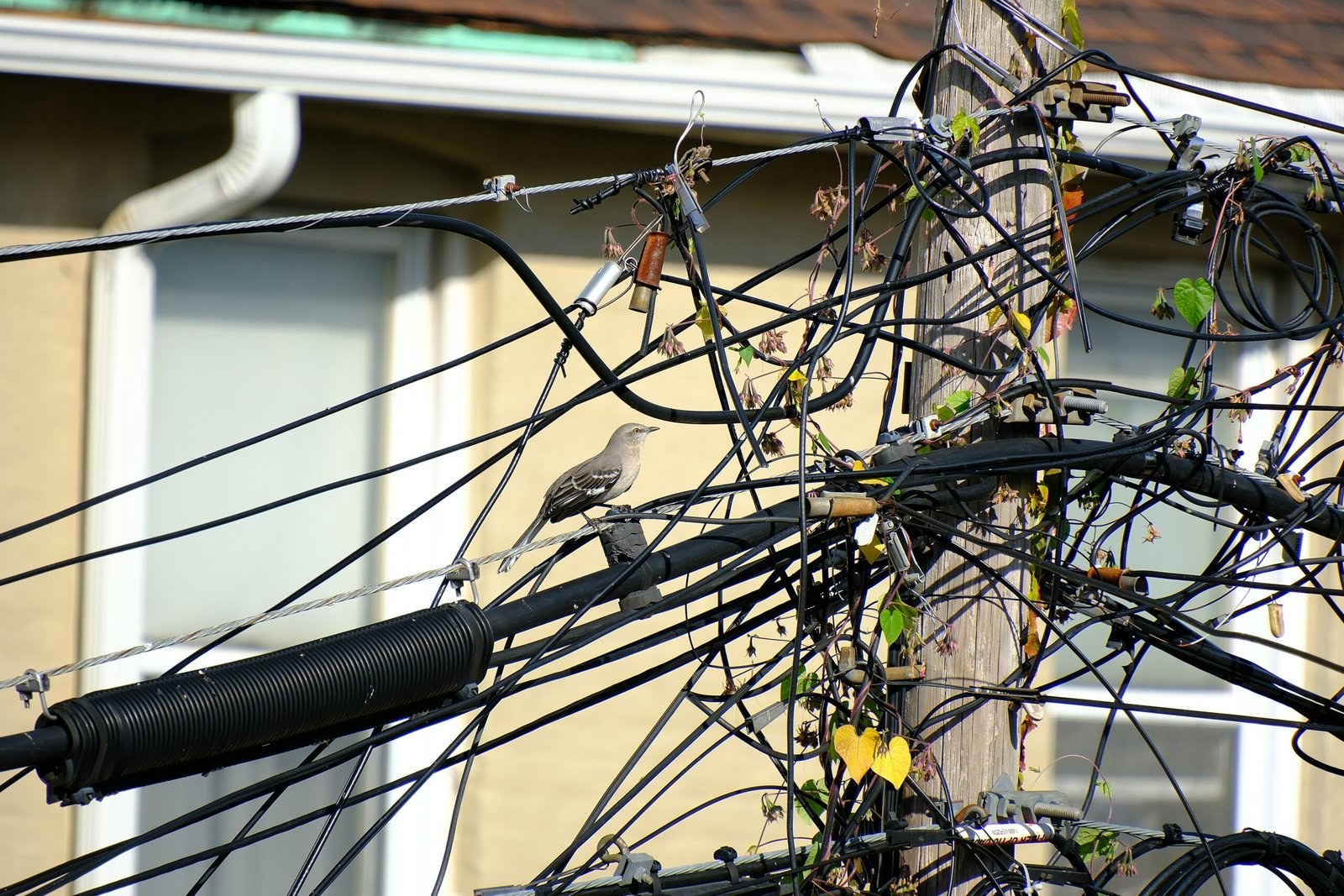Introduction to Ground Wire
When it comes to electrical safety, many people overlook a critical component: the ground wire. This unassuming strand plays an essential role in how our homes and businesses function safely. Ground wires are often hidden behind walls or beneath floors, but their impact is far-reaching. They provide protection against electrical faults and ensure that devices operate smoothly.
Understanding the significance of ground wires can help you appreciate their role in your daily life. Whether you’re a DIY enthusiast or someone simply looking to stay safe at home, knowing about grounding systems is vital. Let’s dive deeper into what makes these wires so crucial for electrical safety!
What is the Purpose of Ground Wire?
Ground wire serves a crucial role in electrical systems. Its primary purpose is to provide a safe pathway for excess electricity. This might occur during a fault, like a short circuit or lightning strike.
When excess current flows through the ground wire, it directs the electricity into the earth. This prevents dangerous voltage levels from building up in appliances and equipment.
In essence, grounding helps protect human life and property by reducing the risk of electrical shocks and fires. It safeguards not just your devices but also everyone interacting with them.
Moreover, ground wires contribute to system stability by ensuring that electrical circuits operate efficiently without interference or disruption caused by stray currents.
Importance of Proper Grounding in Electrical Systems
Proper grounding in electrical systems is crucial for safety and functionality. It provides a pathway for excess electricity to dissipate, preventing hazardous situations like electric shocks or fires.
When systems are grounded correctly, they minimize the risk of voltage fluctuations that can damage sensitive electronics. Grounding ensures consistent performance across devices by stabilizing their operation.
Additionally, it plays a vital role in protecting equipment during lightning strikes or power surges. A well-grounded system can redirect potentially destructive energy away from your appliances and into the earth.
Neglecting proper grounding practices can lead to severe consequences. Not only does it endanger lives, but it also compromises the reliability of electrical installations. Prioritizing effective grounding measures is essential for any safe electrical setup.
Common Types of Grounding Systems
There are several common types of grounding systems, each designed for specific applications and environments. One widely used method is the **ground rod system**. This involves driving a copper or galvanized steel rod into the ground to create an electrical connection.
Another popular option is the **ground plate system**, which uses a flat metal plate buried underground. This type offers better surface contact with soil, making it effective in high-resistance areas.
The **Ufer ground** utilizes concrete as a conductor by connecting rebar within foundations to establish grounding effectively. This method is particularly advantageous in new construction projects.
There’s the **bonding jumper**, which connects different metallic parts of electrical systems together to minimize potential differences and enhance safety. Each system has its unique benefits tailored to various requirements and setups, ensuring reliability in electricity management.
The Dangers of Improper or Lack of Grounding
Improper grounding can lead to serious electrical hazards. Without a reliable ground wire, excess electricity has no safe path to follow. This increases the risk of electric shocks.
Devices that are not grounded properly may malfunction or become damaged. Appliances can overheat, leading to potential fires in your home or workplace.
Another danger stems from lightning strikes. A solid grounding system protects structures by directing the surge safely into the earth. Without it, you’re left vulnerable during storms.
Moreover, improper grounding creates an unstable power supply. Fluctuations can harm sensitive electronics and disrupt daily operations in businesses.
Neglecting ground wire installation is simply not worth the risk. The consequences extend beyond just financial loss; they also threaten lives and property safety.
Safety Guidelines and Tips for Installing Ground Wire
When installing ground wire, safety should always be your top priority. Begin by ensuring that all power sources are turned off. Double-checking can prevent accidental shocks.
Choose the right gauge of wire for your application. Thicker wires handle more current and provide better grounding.
Use corrosion-resistant connectors to secure wires. This minimizes the risk of deterioration over time, which is crucial in maintaining an effective ground system.
Make sure connections are tight and free from dirt or debris. Loose connections can lead to ineffective grounding and increased fire hazards.
Always follow local electrical codes and regulations for proper installation practices. These guidelines exist to ensure safety standards are met across various environments.
Consider hiring a professional if you’re unsure about any steps in the process. Expert help can make a significant difference in achieving safe electrical systems.
Conclusion: The Vitality of Ground Wire in Ensuring Electrical Safety
The significance of ground wire in electrical systems cannot be overstated. It serves as a critical safety feature that protects both people and property from the dangers of electrical faults. The grounding system provides a direct path for excess electricity to safely dissipate into the earth, reducing risks associated with short circuits or surges.
Properly installed ground wires help prevent electric shocks and minimize fire hazards. Understanding different types of grounding systems ensures that you can choose the right one based on your specific needs. Awareness of potential dangers arising from improper grounding is essential for maintaining safety in any electrical setup.
When installing ground wires, following guidelines is key to ensuring effectiveness and reliability. Whether you’re a homeowner looking to improve your electrical safety or a professional electrician, recognizing the vitality of ground wire will enhance your understanding of safe practices in this area.
Prioritizing proper grounding should be at the forefront when dealing with any electrical installation or repair work. This commitment not only safeguards lives but also enhances overall system performance, contributing to long-lasting peace of mind regarding electrical safety.

